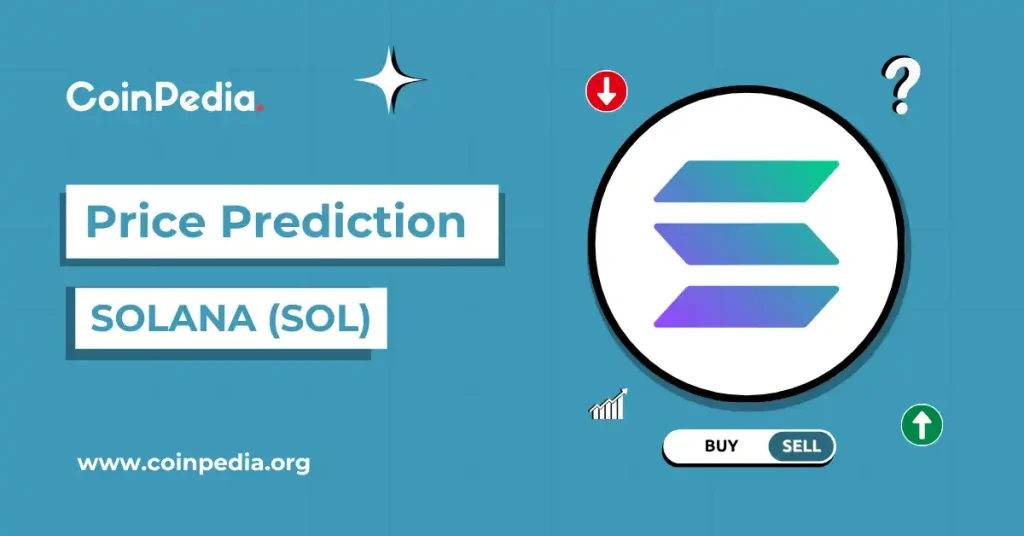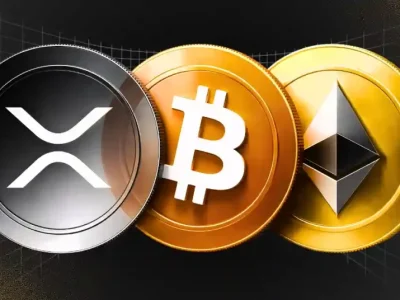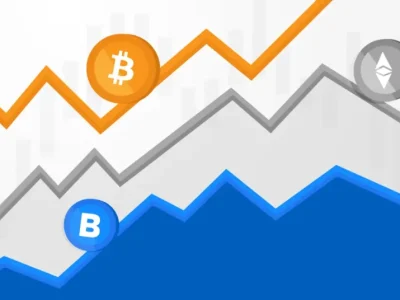
The post Pi Network News: 370M Pi Tokens Hit Exchanges as Users Remain Locked Out appeared first on Coinpedia Fintech News
Pi Network is growing. The team is building new tools, improving migration, and making noise about ecosystem progress. But beneath the surface, a major problem is gaining attention. Over 370 million Pi tokens are now sitting on exchanges, while most users still don’t have access to their own tokens.
That’s a serious concern. If the majority of users are still waiting on technical fixes and KYC approvals, who exactly is trading these tokens?
Why Pi’s Token Access Feels Rigged
To move Pi tokens to the mainnet, users first need to pass KYC. Then they can begin migration but even then, only a portion of their Pi is unlocked. The rest stays locked under a vesting schedule, depending on how active the user has been.
For many, the process has been frustrating. Technical issues like 2FA errors and missing balances have only made it worse. Some users have been stuck in the queue for months.
Meanwhile, exchange balances have jumped from 244 million in March to over 370 million in July. That means more tokens are appearing on public markets, even though regular users are still locked out.
This has created what many are calling a two-tiered system:
- One group can trade freely.
- Most users are still waiting to access the Pi they mined.
The lack of clarity on where these exchange-held tokens are coming from has raised questions around transparency and control.
.article-inside-link {
margin-left: 0 !important;
border: 1px solid #0052CC4D;
border-left: 0;
border-right: 0;
padding: 10px 0;
text-align: left;
}
.entry ul.article-inside-link li {
font-size: 14px;
line-height: 21px;
font-weight: 600;
list-style-type: none;
margin-bottom: 0;
display: inline-block;
}
.entry ul.article-inside-link li:last-child {
display: none;
}
Ecosystem Progress Continues But Access Still Lags
Pi Network recently celebrated its Pi2Day event, highlighting key updates:
- The launch of Pi App Studio, allowing users to build AI apps without code
- A new staking feature that lets users support Pi apps they find useful
- Backend upgrades that helped over 500,000 users migrate to the mainnet
- A fiat on-ramp to make it easier to buy Pi and expanded .pi domain sales
These updates show Pi is moving forward. But while developers build and apps launch, most users still can’t use their tokens outside Pi’s ecosystem.
Trust Issues Are Now Front and Center
Pi Network says it wants to build a fair, open ecosystem. But with over 5.1 billion Pi still locked, and a growing number of tokens moving onto exchanges, users are asking: Is this really as decentralized as promised?
As exchange reserves rise and access stays limited, frustration in the community is growing. The network’s next big test will be to restore trust and give users access to what they’ve already earned.
Let’s see how this plays out.
.article_register_shortcode {
padding: 18px 24px;
border-radius: 8px;
display: flex;
align-items: center;
margin: 6px 0 22px;
border: 1px solid #0052CC4D;
background: linear-gradient(90deg, rgba(255, 255, 255, 0.1) 0%, rgba(0, 82, 204, 0.1) 100%);
}
.article_register_shortcode .media-body h5 {
color: #000000;
font-weight: 600;
font-size: 20px;
line-height: 22px;
text-align:left;
}
.article_register_shortcode .media-body h5 span {
color: #0052CC;
}
.article_register_shortcode .media-body p {
font-weight: 400;
font-size: 14px;
line-height: 22px;
color: #171717B2;
margin-top: 4px;
text-align:left;
}
.article_register_shortcode .media-body{
padding-right: 14px;
}
.article_register_shortcode .media-button a {
float: right;
}
.article_register_shortcode .primary-button img{
vertical-align: middle;
width: 20px;
margin: 0;
display: inline-block;
}
@media (min-width: 581px) and (max-width: 991px) {
.article_register_shortcode .media-body p {
margin-bottom: 0;
}
}
@media (max-width: 580px) {
.article_register_shortcode {
display: block;
padding: 20px;
}
.article_register_shortcode img {
max-width: 50px;
}
.article_register_shortcode .media-body h5 {
font-size: 16px;
}
.article_register_shortcode .media-body {
margin-left: 0px;
}
.article_register_shortcode .media-body p {
font-size: 13px;
line-height: 20px;
margin-top: 6px;
margin-bottom: 14px;
}
.article_register_shortcode .media-button a {
float: unset;
}
.article_register_shortcode .secondary-button {
margin-bottom: 0;
}
}
Never Miss a Beat in the Crypto World!
Stay ahead with breaking news, expert analysis, and real-time updates on the latest trends in Bitcoin, altcoins, DeFi, NFTs, and more.
FAQs
The KYC process faces issues like unclear documents, mismatched information, failed facial verification, and pending manual reviews. Technical snags include 2FA email errors, wallet sync issues causing zero balances, and general system delays, all contributing to stalled migrations.
Concerns about decentralization stem from the Pi Core Team controlling an estimated 82.8% of the total 100 billion Pi supply across six main wallets and thousands of unlisted wallets. This high concentration raises questions about the project’s adherence to decentralized principles.
While Pi App Studio enables no-code AI app creation and staking supports app discovery, their effectiveness in driving real-world adoption is still debated. Many users remain frustrated by token access limitations, which may hinder the practical utility of these ecosystem advancements.










